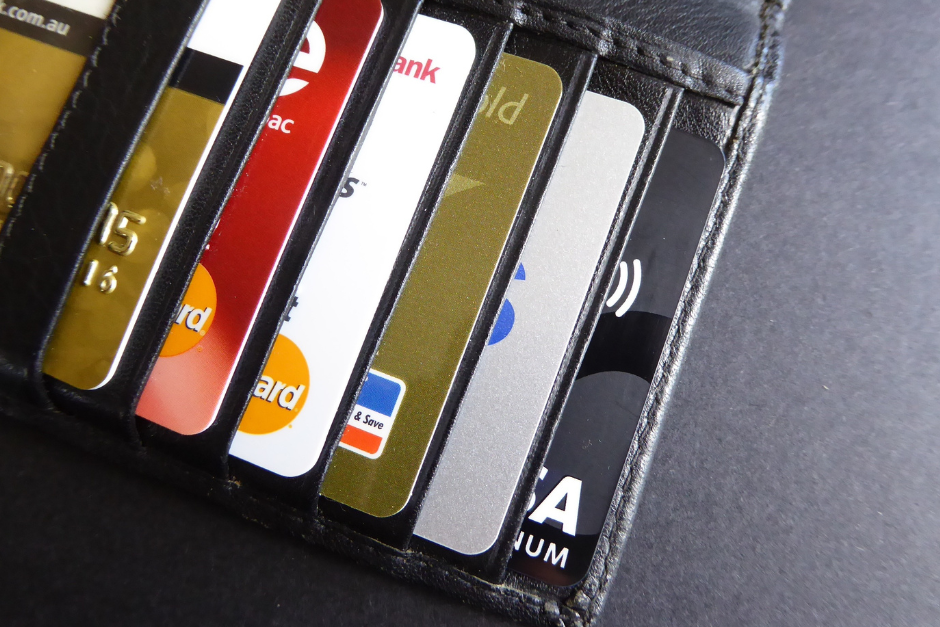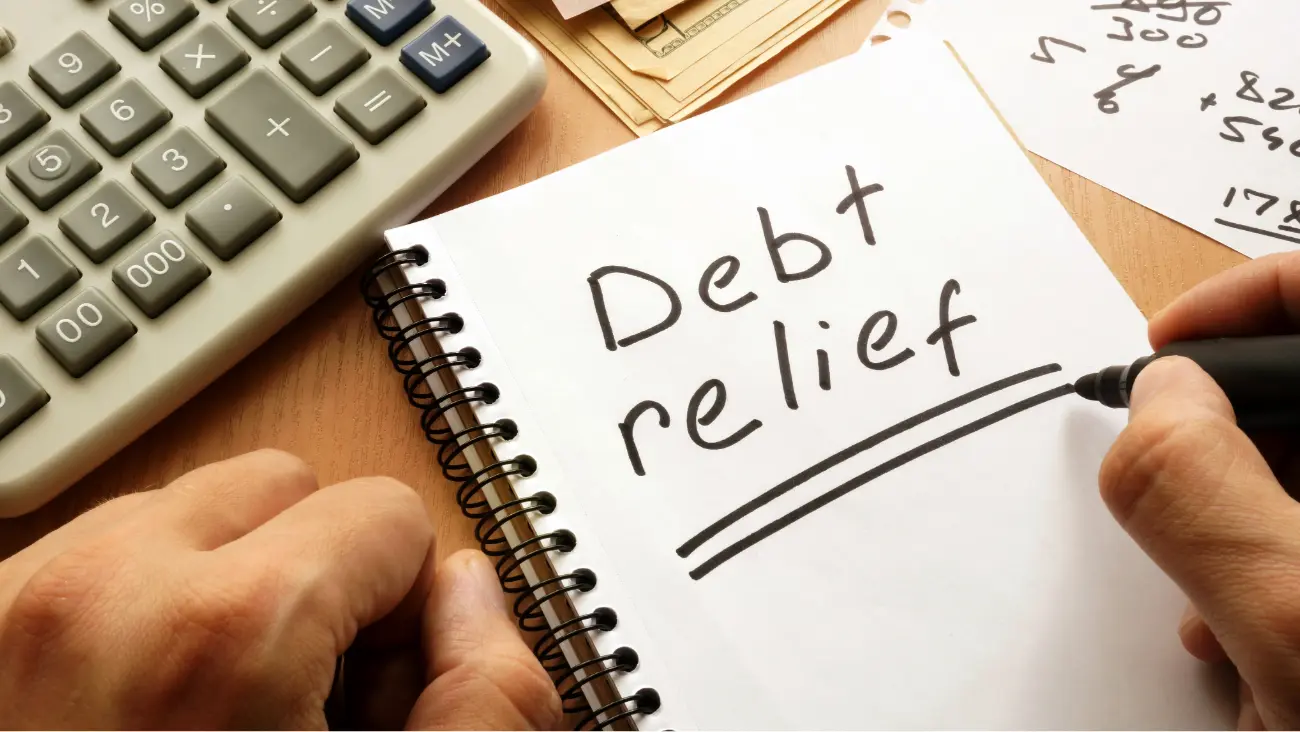
A Social Security number (SSN) is a term used for a nine-digit number assigned by the U.S government to its legal residents. Your SSN is mainly used to monitor employment and earning rates for Social Security benefits.
However, both citizens and non-citizens also use their SSNs to apply for bank loans and bank accounts and determine their credit scores. You can do all these with your SSN. But there is a big question: Can you check your credit scores without your SSN?
Can I Check My Credit Scores and Reports without a Social Security Number?
If you are an immigrant or international student without an SSN, you can access your credit by:
- Opening a credit account with the help of a lender
- Visiting the three major credit bureaus that can find out your credit information by using your name and personal information to locate your credit information.
If you do get a SSN, your credit history will be added to your credit reports.
Can I Positively Impact My Credit Scores Without a Social Security Number?
Credit scores are important to people living in the United States because the better your credit score, the better your chances of getting a loan and the lower your interest rates. To positively impact your credit scores without having a SSN, you can do these:
1. Open a Bank Account
U.S-based financial institutions keep credit reporting information and can report them to the major credit bureaus. With no SSN, you can either use your passport, Individual Taxpayer Identification Number (ITIN), or a government-issued identification number.
2. Get a Credit Card
Credit card providers also keep credit histories and can report them to the three major credit bureaus. Personal identifiable information such as name, date of birth, address, phone number, email address, etc., are used as identifiers to compile a credit report.
Credit card providers can use ITIN issued by the Internal Revenue Service (IRS) for applicants that are taxpayers to process their credit cards. Using your credit card and managing your debts responsibly can help your positive affect your credit.
3. Request for Loans
Financial institutions use other government-issued identification other than your Social Security number to process loans for people. After you take out a loan, this can be reported to the major credit bureau that further create your credit report and update your credit scores.
4. Pay Utility Bills
Utility companies can report your information to major credit bureaus. Therefore, bills you pay for utilities such as internet, electricity, water, etc., can be reported and used in assisting your credit report and scores. Missed or late payments may result in a negative credit score.
What To Do If You Get a Social Security Card?
Once you get a SSN, you can easily monitor your credit reports and scores. You Social Security card is a valuable possession. It helps you have access to your credit reports and scores and services as an important identifier issued by the government for U.S. residents.






